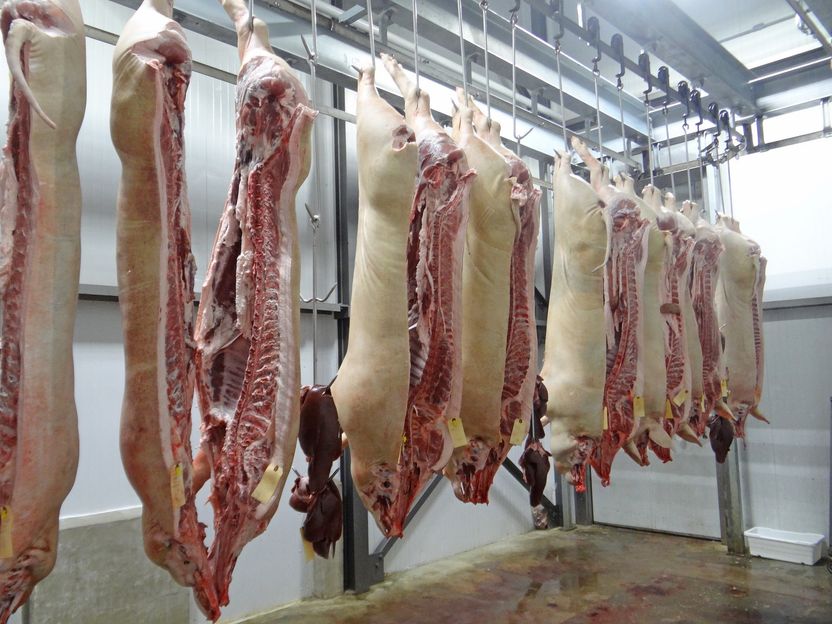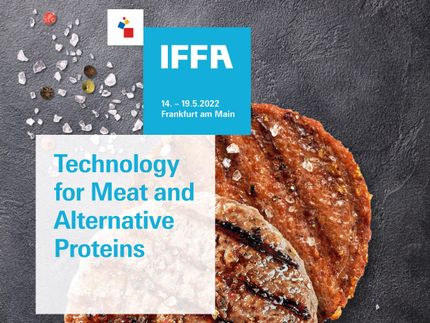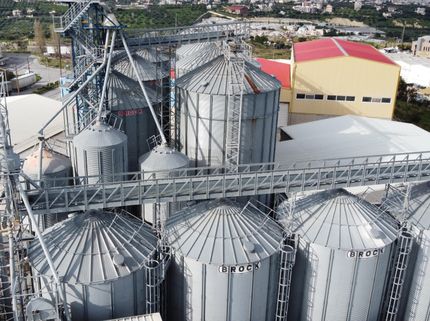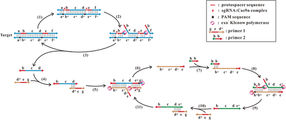Covid 19: The View from Inside the British Meat Industry
There has been a dramatic shift in demand for meat products over the last couple of weeks. As people stock up and prepare to stay home, the demand for retail products from supermarkets has seen a 20-30% rise while orders from the out-of-home food service sector have had a huge drop-off.

BlackRiv/ Pixabay
However, not all meat processing companies are able to simply divert capacity to increase supply to the supermarkets.
Suppliers to the food service industry generally produce bulk packs that are often frozen. They don’t have the packaging and machinery to produce the kind of vacuum and modified atmosphere product with the requisite nutrition labelling that the retail trade requires.
The pressure is therefore on the remaining food processing factories that are set up for this. These retail suppliers are currently working to full capacity to meet this unprecedented demand, but there are potential issues that could seriously impact their operations.
Risks to supply
There are serious risks to the supply of imported goods that are used in domestic production. But perhaps the biggest threat is the impact of Covid-19 on the workforce.
Meat processing is highly labour intensive, with large numbers of staff working at close quarters. While the FSA has assured the public that infection cannot be spread via food, the risk here is that infected workers cause either whole shifts to be shut down or critical skills to be temporarily lost from the workforce for 14 days.
It is therefore essential that healthy workers come to work and sick workers, and those at risk due to an infection in their household, stay at home in line with government policy. But, there is a serious risk that waged workers will not stay at home for statutory sick pay of £94.25 per week, which is less than a quarter of typical wages in the meat processing sector.
Large processing operations are also vulnerable because Business Interruption Insurance protection does not cover losses or closure related to Covid-19, and government support for business interruptions only relates to small businesses. Indeed, in its latest statement this week, the Groceries Code Adjudicator could still not ‘offer a view as to whether current circumstances amount to force majeure’.
What needs to be done
Nick Allen, CEO of BMPA said that ‘we believe it is essential that measures designed to protect businesses with fewer than 250 employees are extended to include large businesses operating in the strategically important food processing sector.
‘We are also calling for sick pay for people off work with Covid 19 (voluntarily or medically) to be increased and refunded to all food companies regardless of size.’
The Republic of Ireland provides a good example of how this can work. From 9 March it increased illness benefit from €203 to €305 per week for workers required to self-isolate due to Covid 19. This is designed to encourage responsible behaviour and initial reports suggest there has been no adverse impact on the attendance of healthy workers.
Mr Allen went on to say: ‘The sustained operation of the food industry is an essential service to the UK population and economy during this crisis. BMPA is working with farmers, retailers, Defra, the Food Standards Agency and organisations up and down the food supply chain to formulate a pragmatic approach to these challenges.
‘We are calling for some regulatory flexibility in areas such as country-of-origin labelling, veterinary duties in abattoirs and the 10-day shelf life rule, which our research shows can be safely extended for all red meat.
‘We now call on Government to put the measures in place that will enable food processors and manufacturers to maintain supplies to the British public.’























































